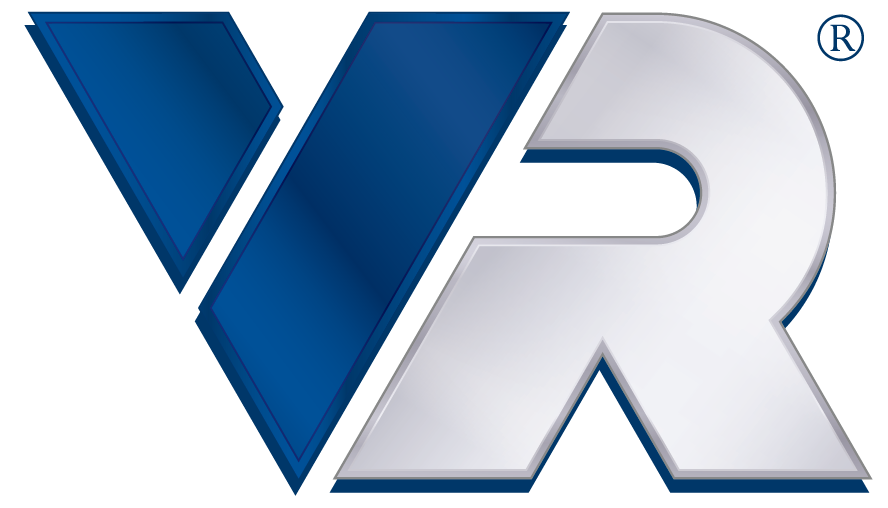What Is My Business Worth?
Most small business owners have used every legal trick in the book to minimize taxes, therefore, their books and records must be recast or normalized to reflect the true picture of the businesses money-making capabilities.
This means working between the lines to add back to profitability all of the legally taken charges to expenses that weren’t absolutely necessary. Your Business Intermediary will be happy to explain this process in greater detail to you if necessary.
There are many methods of pricing a business.

The most commonly used are:
- Cash Flow Method: A multiple of the annual cash flow (which we refer to as Discretionary Earnings or “DE”, or Earnings Before Interest and Taxes or “EBIT”). This multiple can vary widely depending on the business, the economy, and the industry trend.
- Asset Method: A combination of “Furniture, Fixtures and Equipment” (FF&E), the inventory and a multiple of Discretionary Earnings (DE).
- Gross Sales Method: 3- to 12-months gross sales; again depending on the business, the economy, and the industry trend.
- Comparable Sales/Market Method: This method compares sales of similar businesses and also the valuation multiples from these acquisitions. An adequate number of comparable companies is necessary to produce credible results.
Price is usually related to cash flow and varies with the financing terms agreed upon. Price will also depend on the type of business, the value of the assets, general attractiveness of the business and future potential, among other factors. True market value is what a buyer agrees to pay and a seller agrees to accept (without undue pressure).
Wonder no more.
Contact VR Business Brokers for a free, no-obligation estimate of the value of your business.


